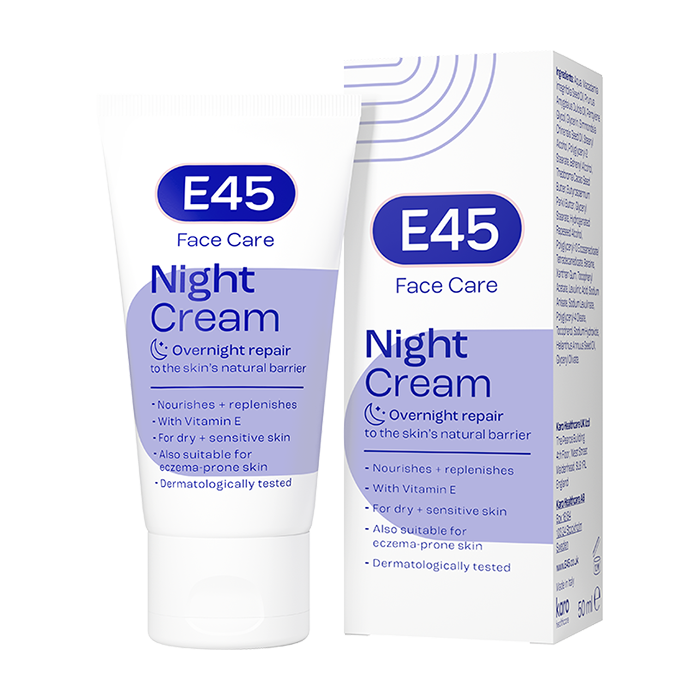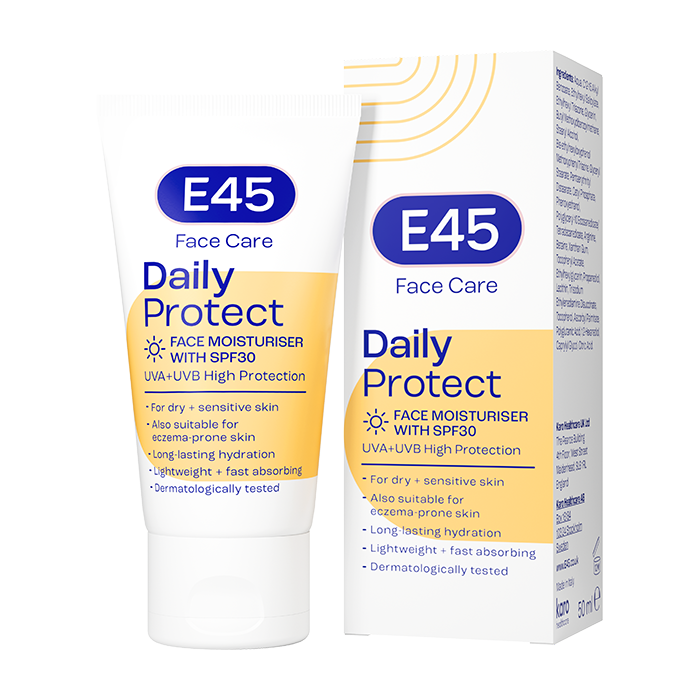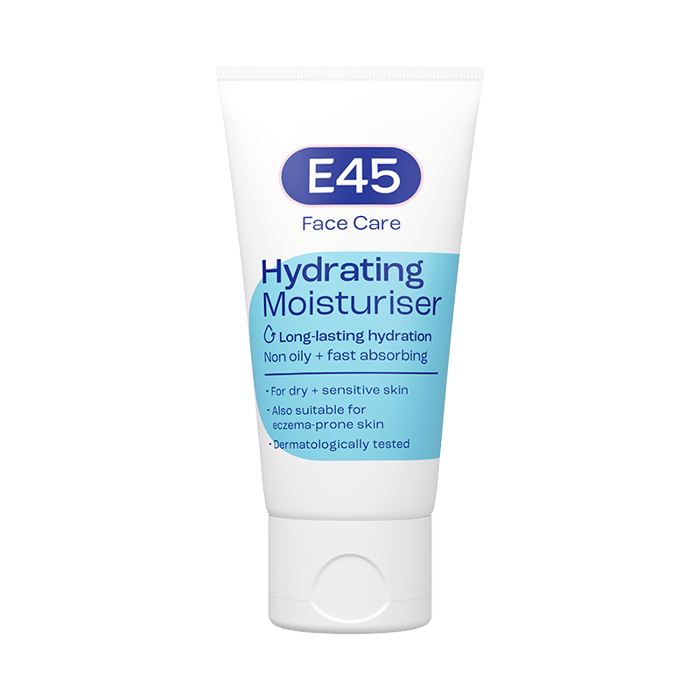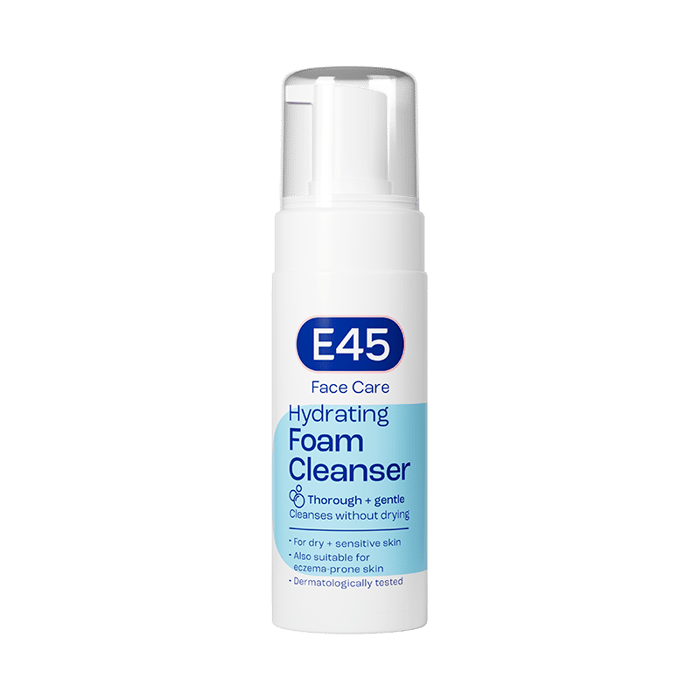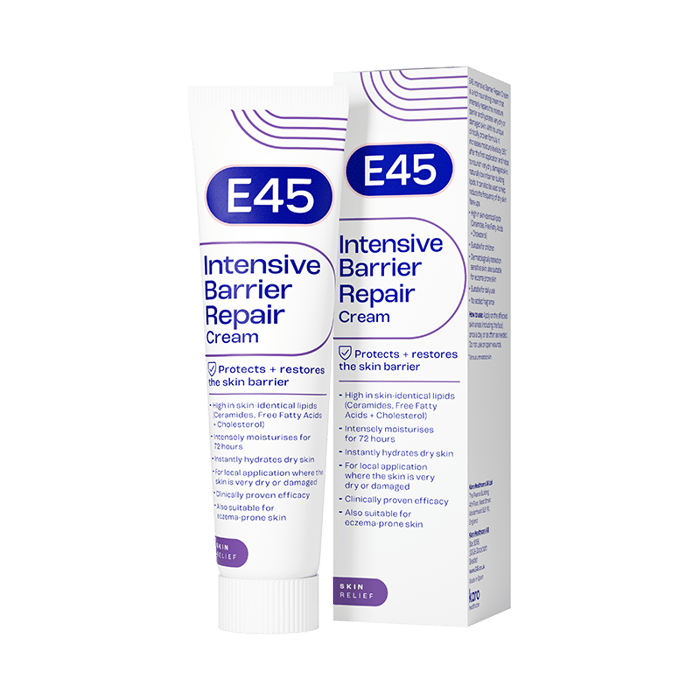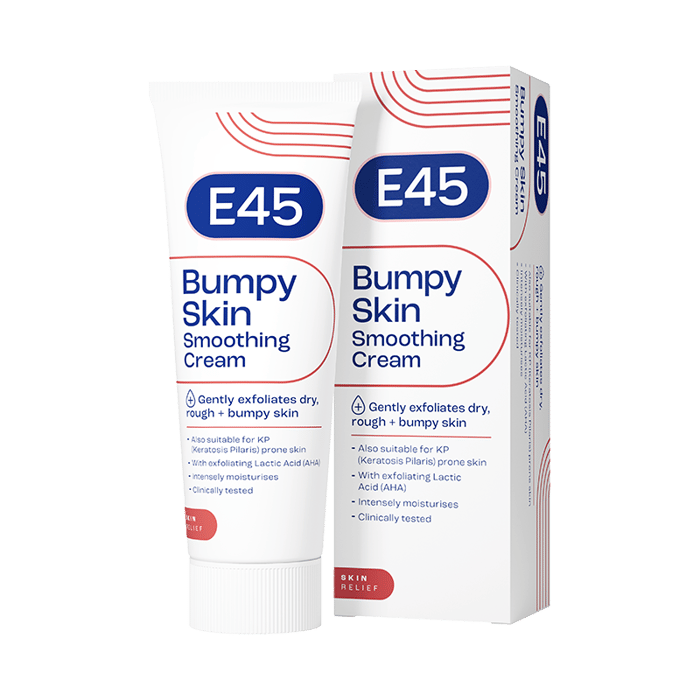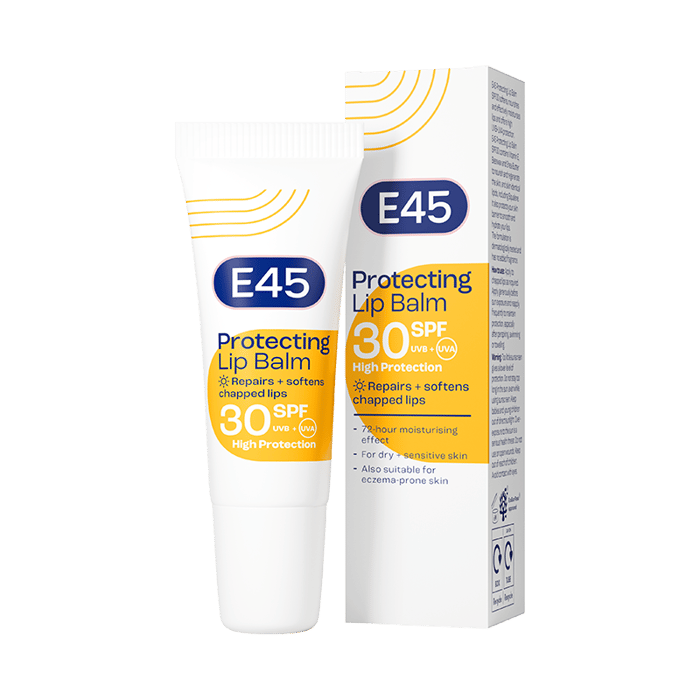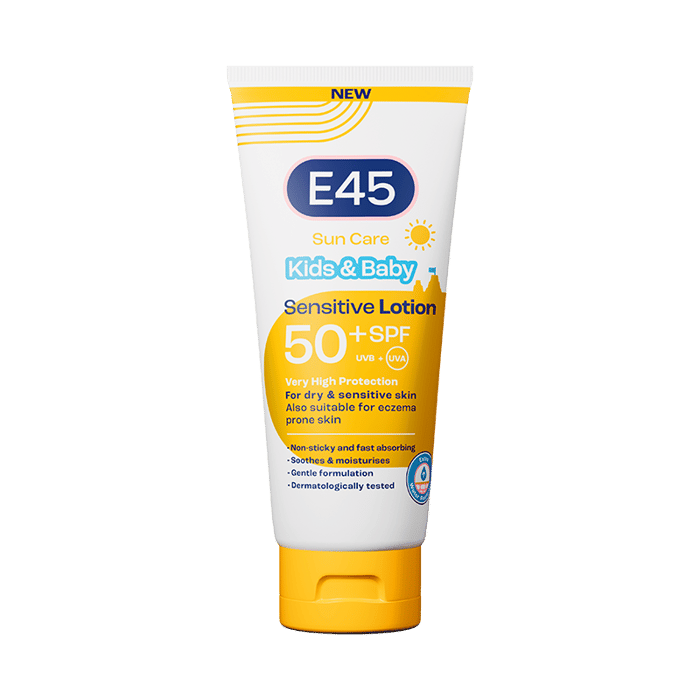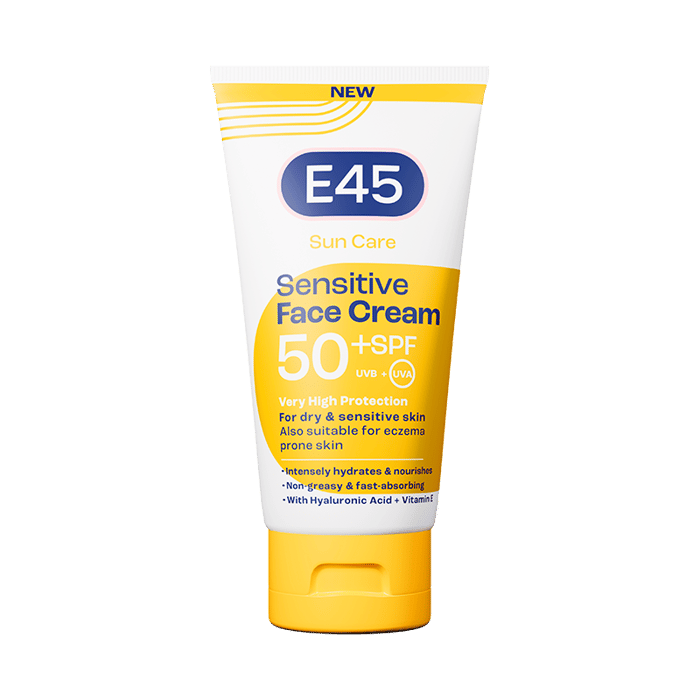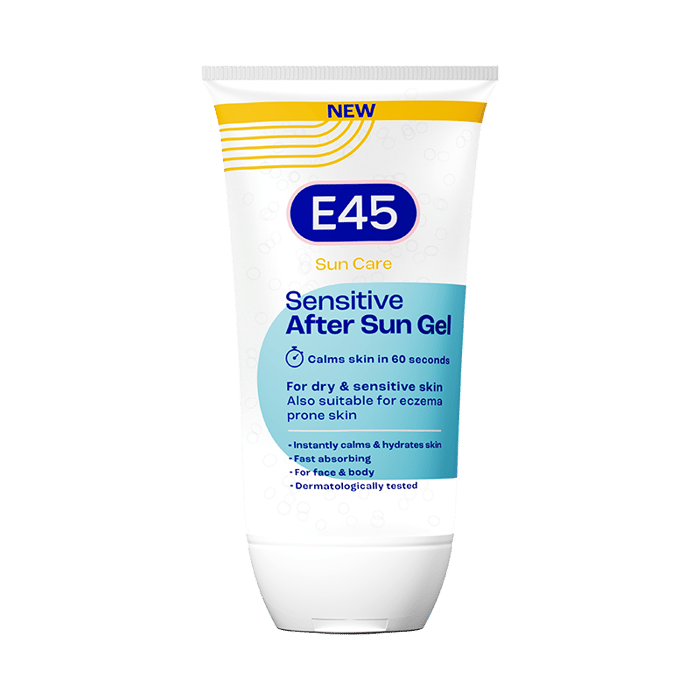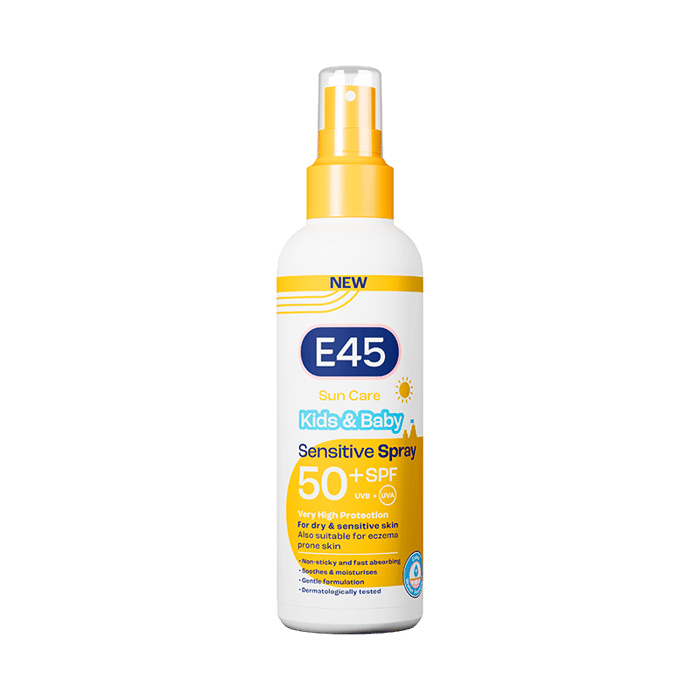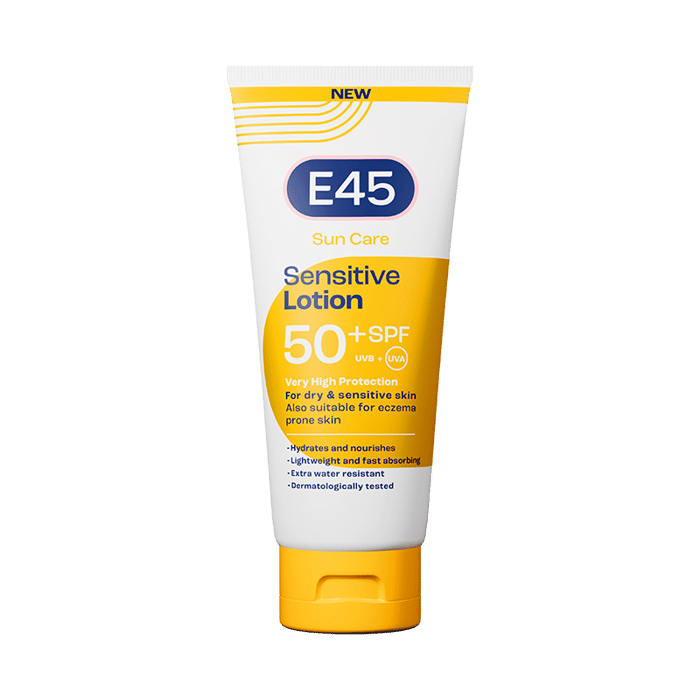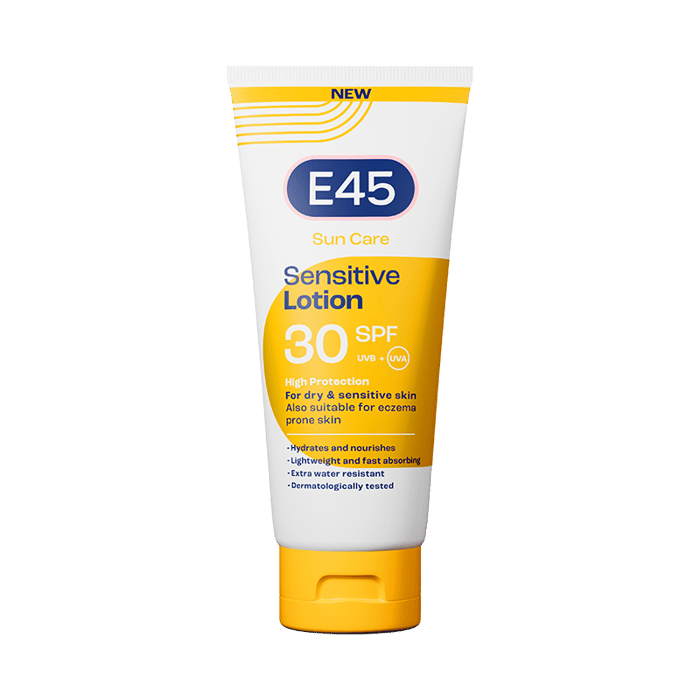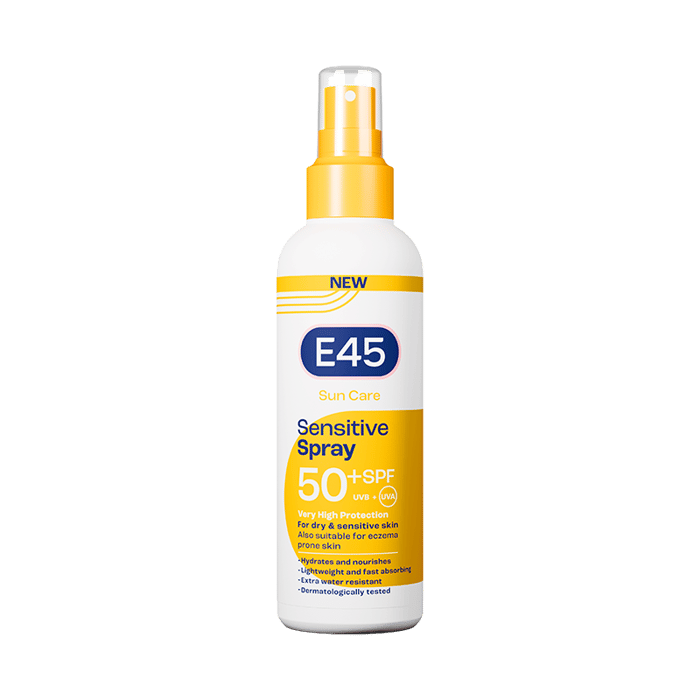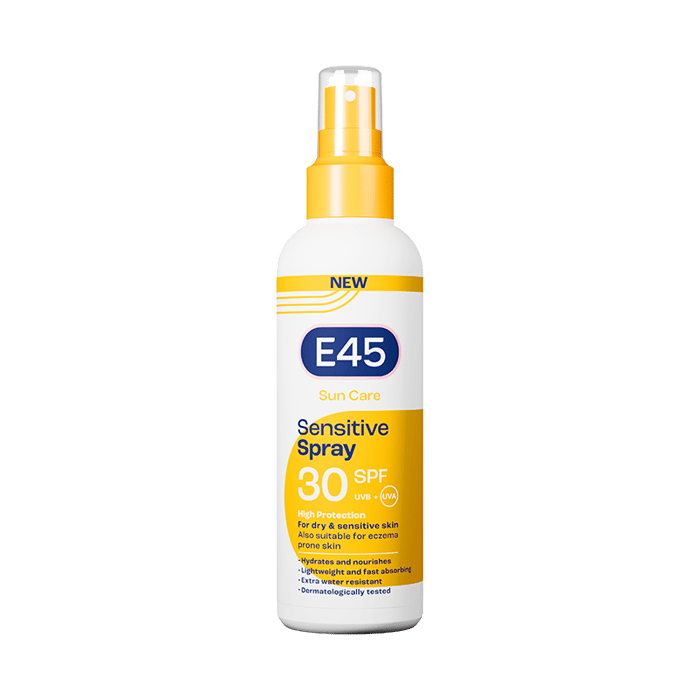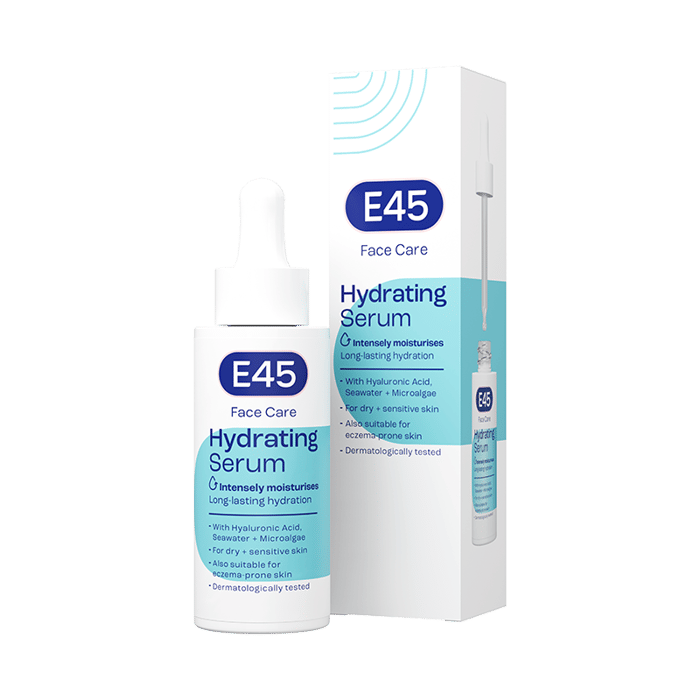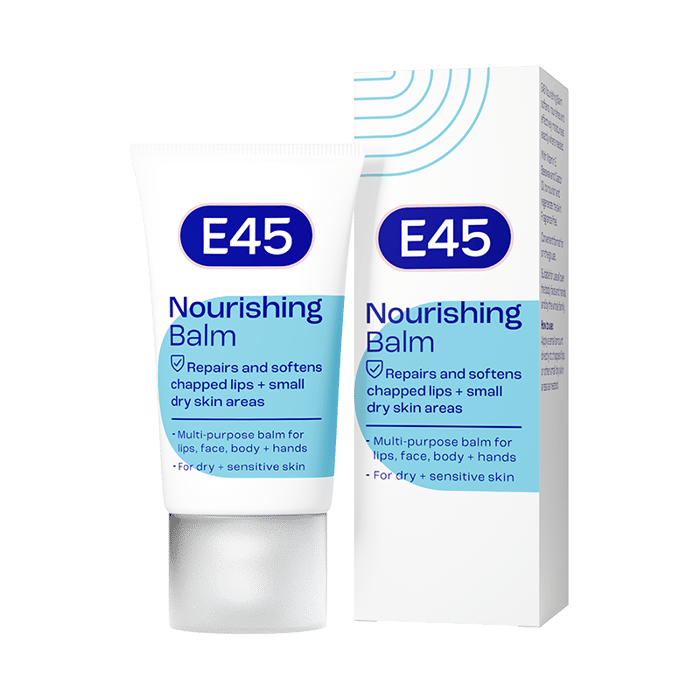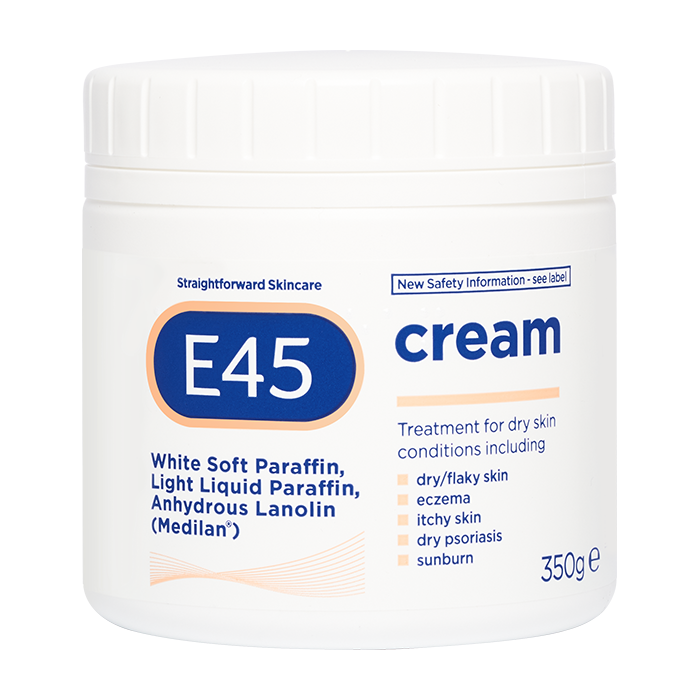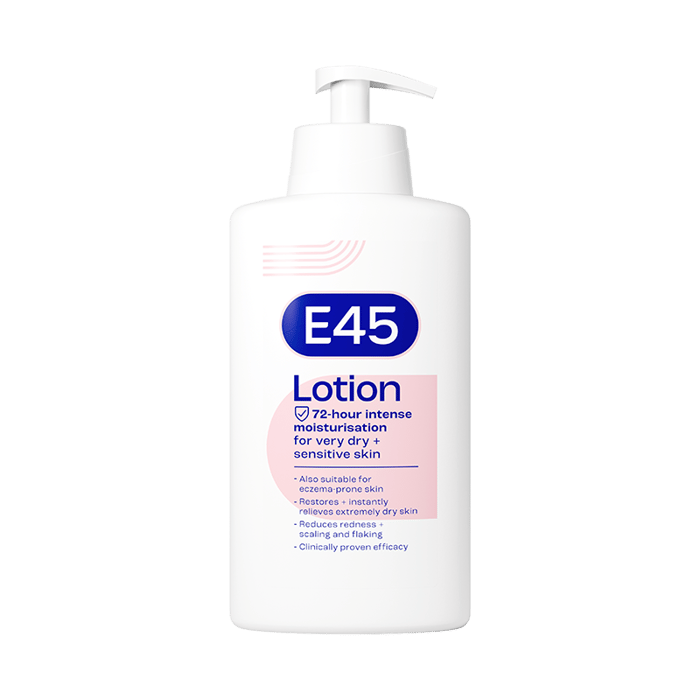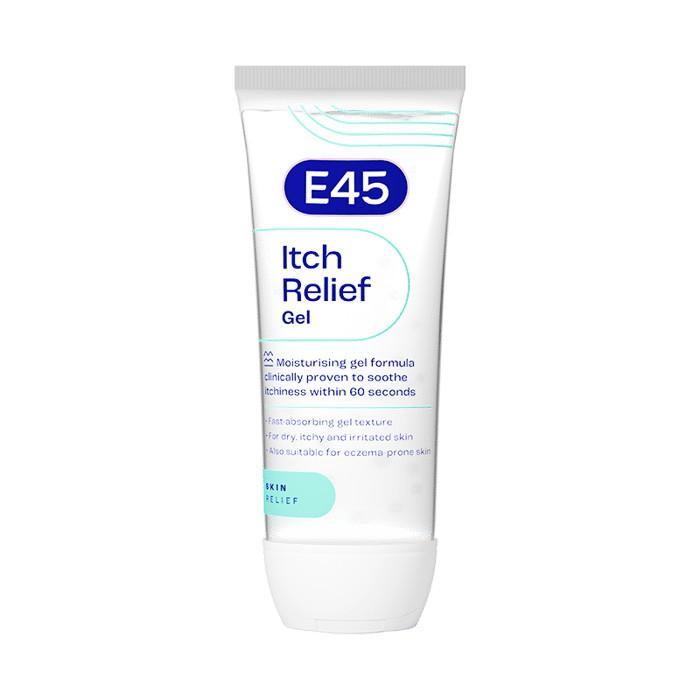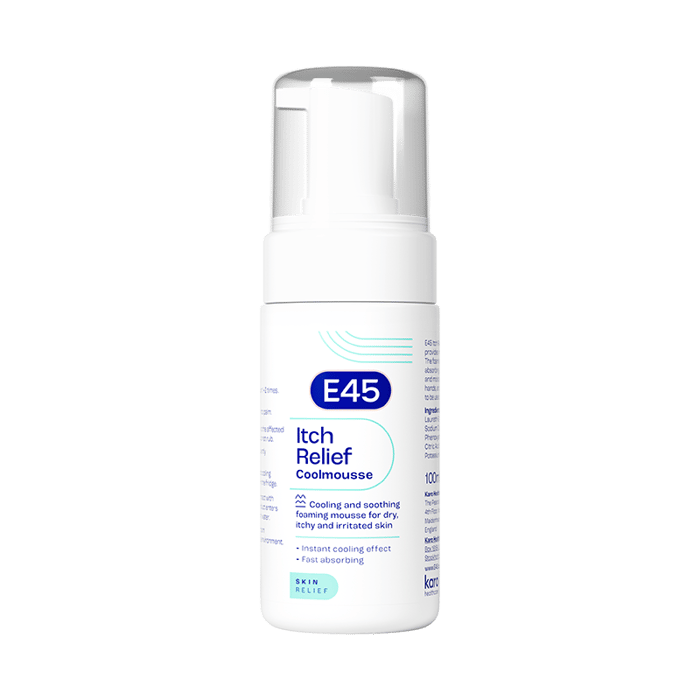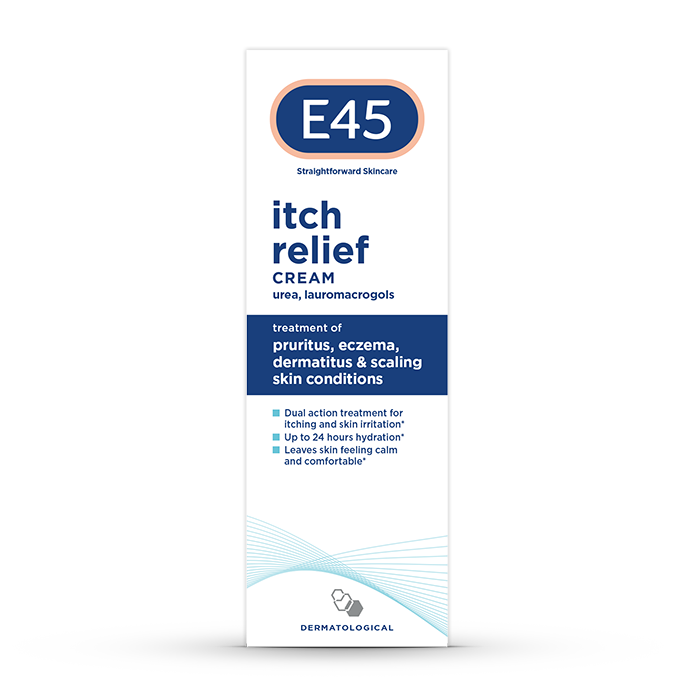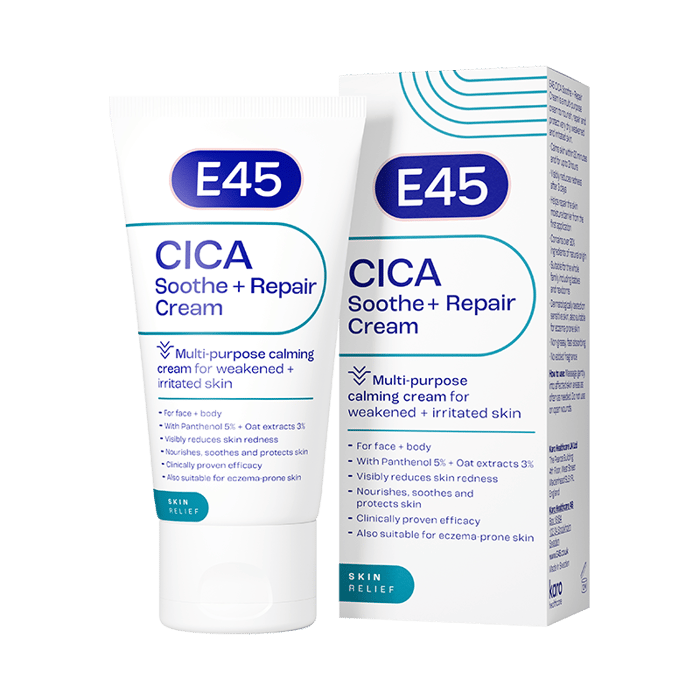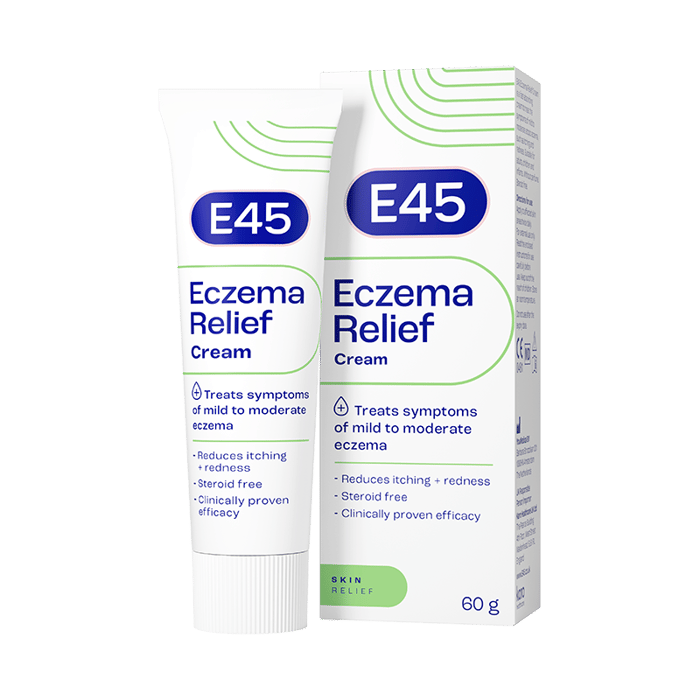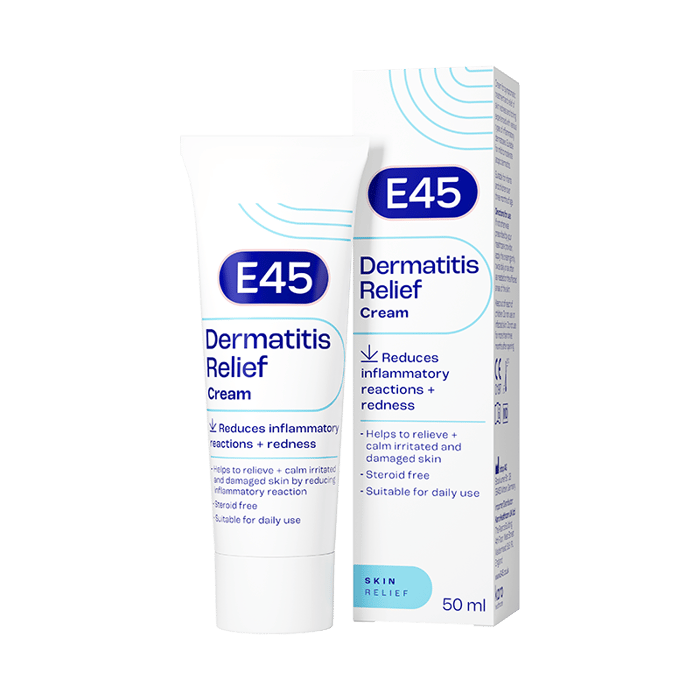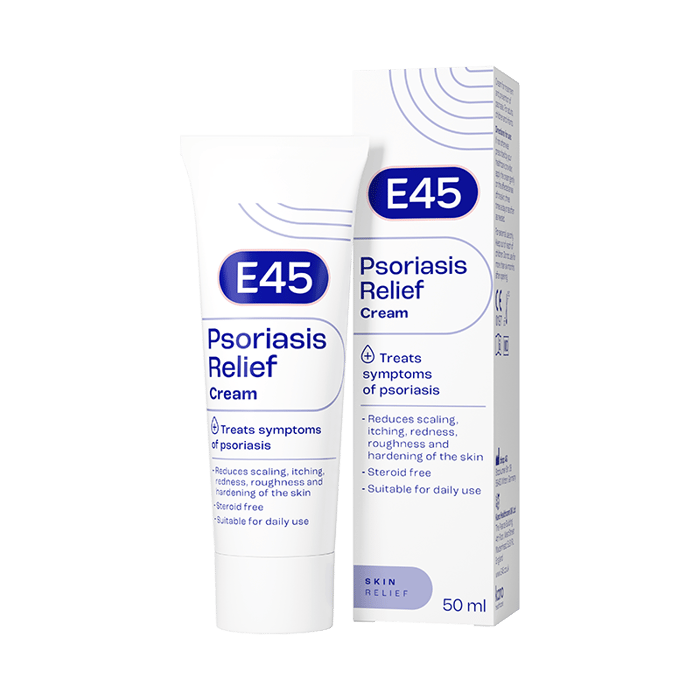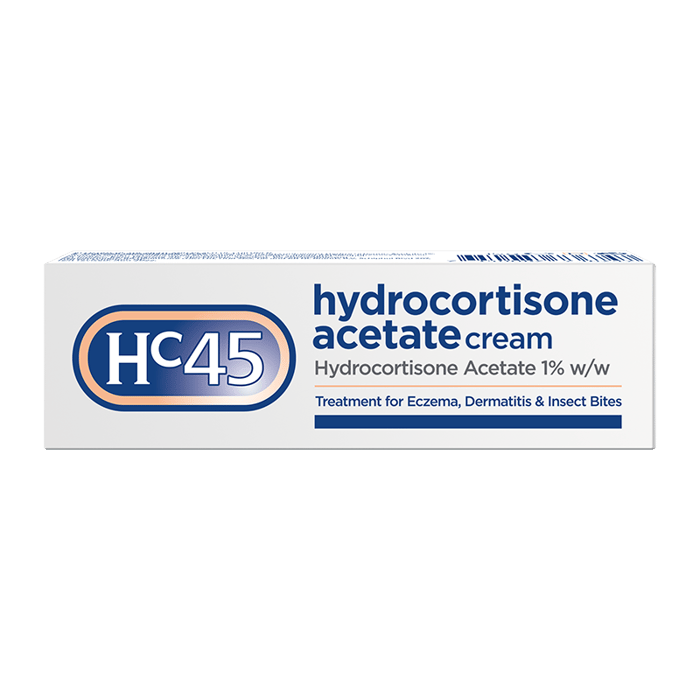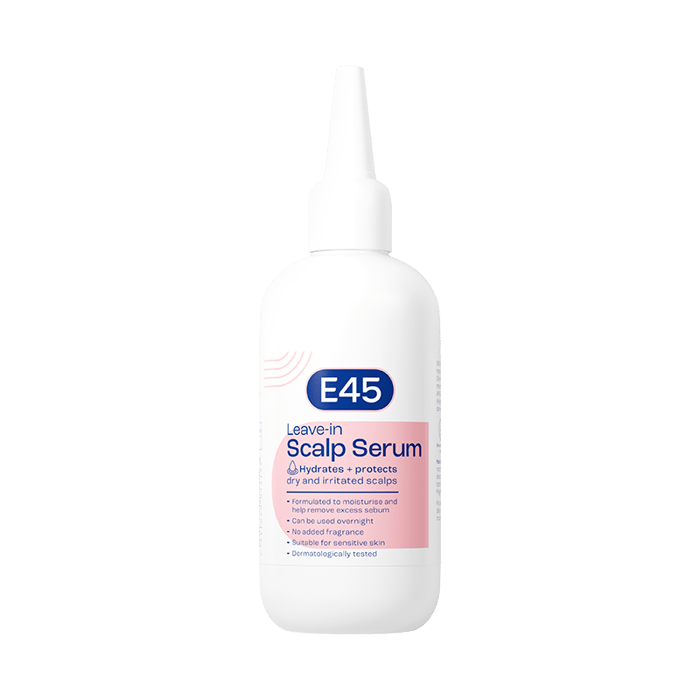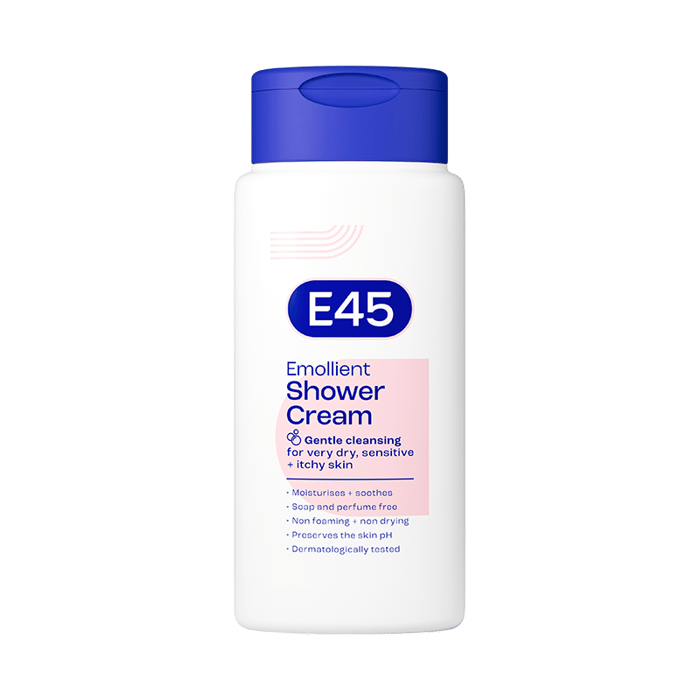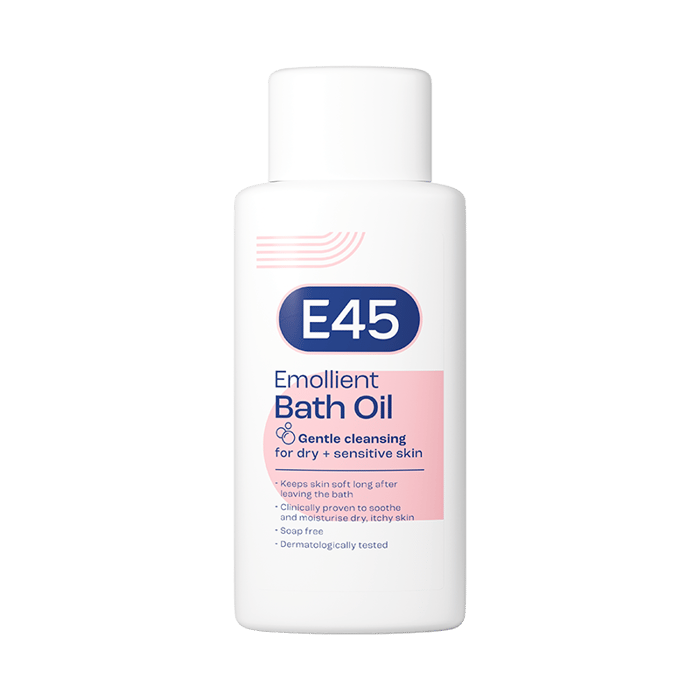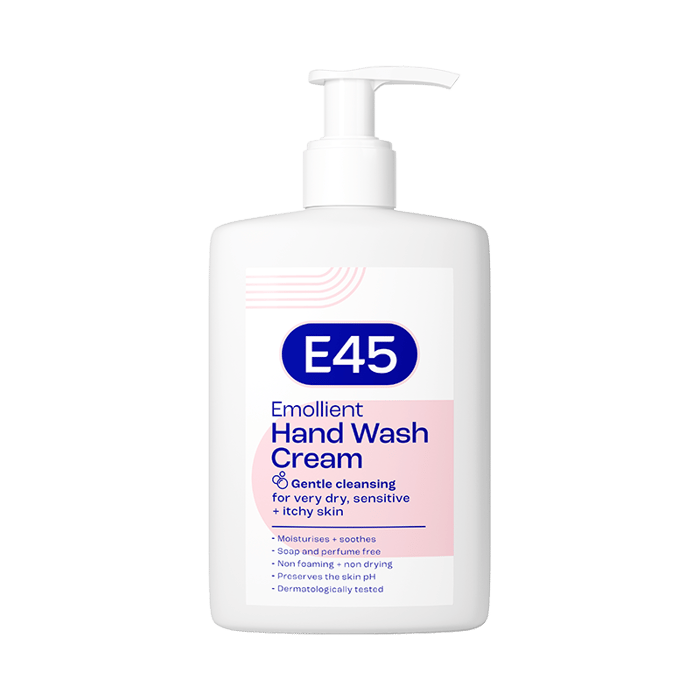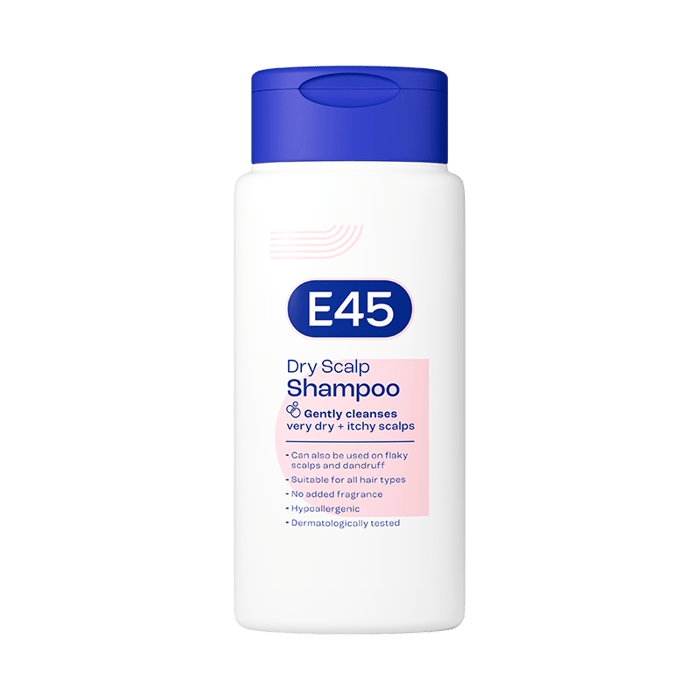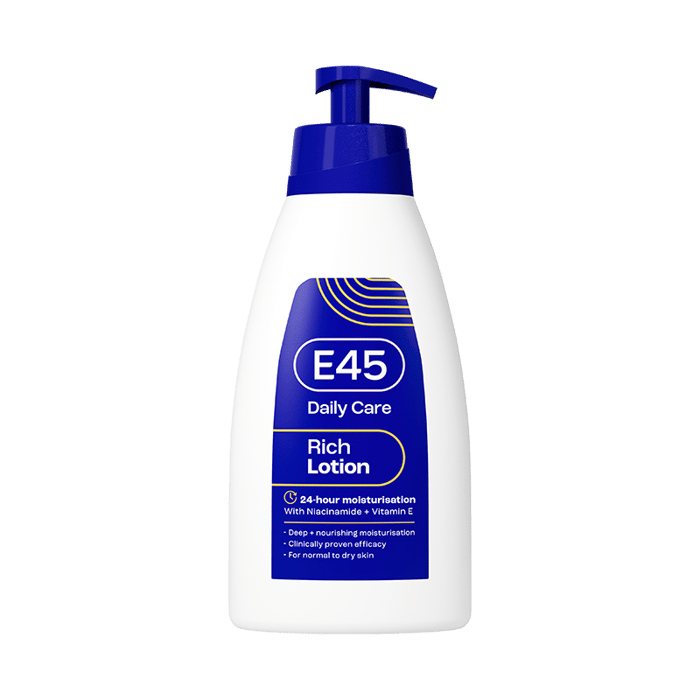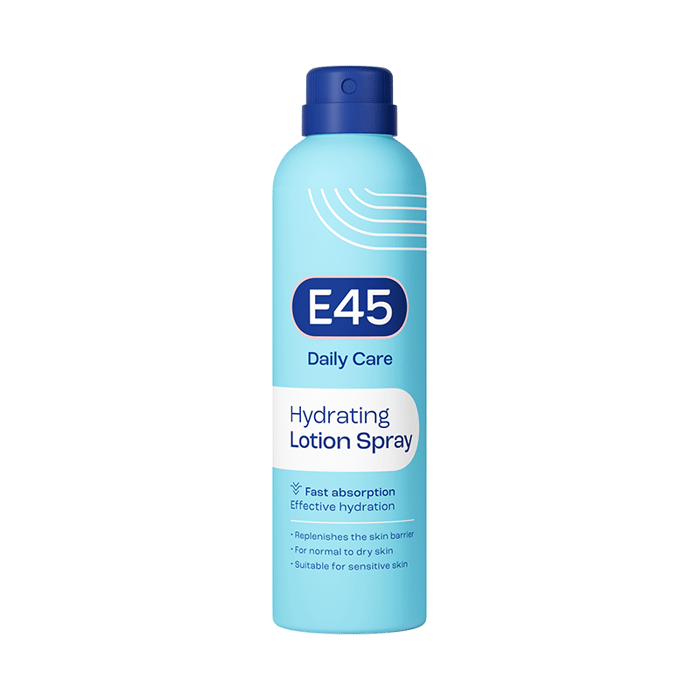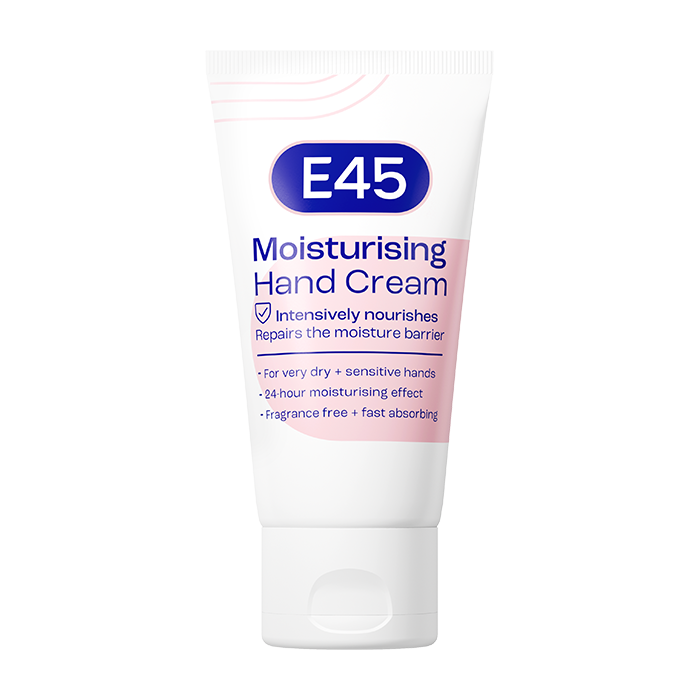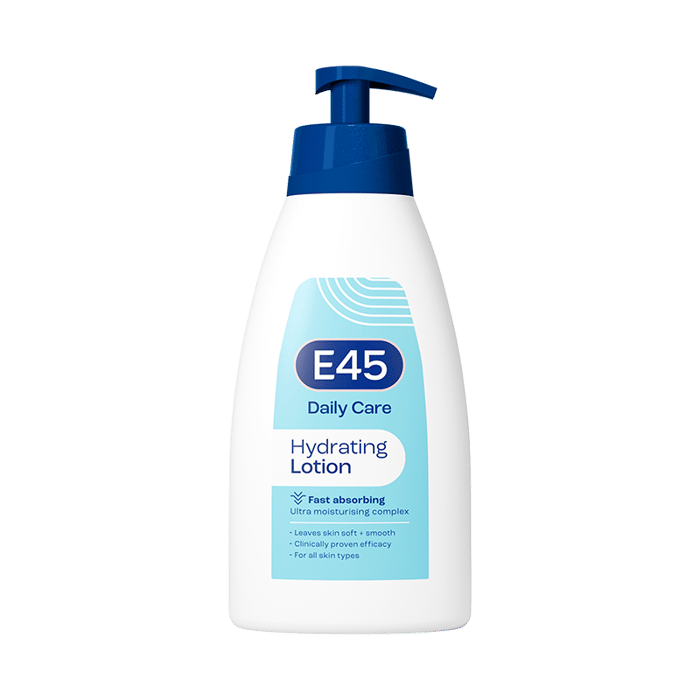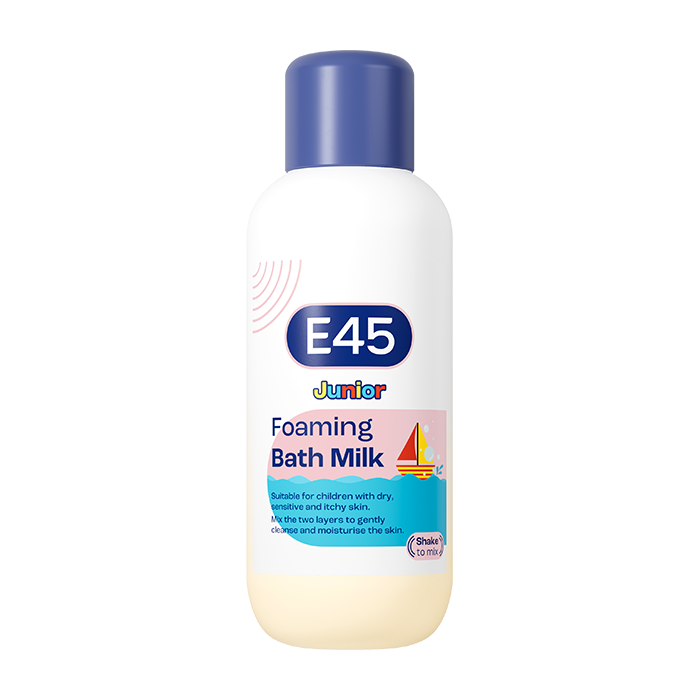Face cleansers: What they do and how to use them
Cleansers are skincare products that are specifically designed to remove dirt, oils, impurities and makeup from the surface of the skin. By using face cleansers you help maintain a clean and fresh complexion, while they can also be effective in preparing the skin for other skincare treatments. It is important to choose a cleanser that suits your skin type, and therefore it can be difficult to navigate through the many options of face cleansers.
In this article, we will provide you with in-depth information on different cleanser types, and specific product recommendations for various skin types and concerns. By the end, you’ll have the knowledge and confidence to select the perfect cleanser that will cleanse, nourish, and transform your skin.
What is a cleanser
A face cleanser, refers to a specialized product designed to cleanse and purify the facial skin. It plays a vital role in removing impurities, dirt, excess oil, and makeup residue, preparing the skin for subsequent treatments.
Face cleansers come in various forms, such as foaming cleansers, gel cleansers, cream cleansers, and oil cleansers, each offering unique benefits and catering to different skin types. By understanding the essence of a face cleanser, its formulation, and the ingredients it contains, one can make informed choices to select the most suitable cleanser for their specific skincare needs. A well-chosen face cleanser sets the stage for a fresh, revitalized complexion, laying the groundwork for a comprehensive skincare routine.
How to use a face cleanser
Cleansing your face regularly is one of the gentlest ways to care for your skin. Washing your face twice a day — once in the morning and again in the evening — is often a good place to start, though some people may need more or less depending on their skin type and lifestyle. Making it part of your daily routine can support clearer, more comfortable skin over time.
Wash your hands first
Before touching your face, it’s a good idea to wash your hands with soap and water. This helps prevent transferring bacteria or grime to your skin.
Use lukewarm water to wet your face
Splash your face with lukewarm (not hot) water. Hot water can sometimes be a bit harsh, especially if your skin is dry or sensitive. Lukewarm water helps open up the pores gently without drying your skin out.
Apply a small amount of cleanser
Squeeze a pea-sized amount of facial cleanser onto your fingertips. That’s usually enough for your whole face. Gently spread it over your face using light, circular motions—think more of a soft massage than a scrub.
Take your time — don’t rush
It’s helpful to spend about 20–30 seconds massaging the cleanser in. Pay attention to areas where oil tends to build up, like your forehead, nose, and chin, but be just as gentle there as anywhere else.
Rinse thoroughly
Rinse off the cleanser using lukewarm water again, making sure there’s none left behind. Leftover product can sometimes irritate your skin if it stays on too long.
Pat dry with a soft towel
Try not to rub your face dry. Just pat it gently with a clean towel. This helps avoid unnecessary irritation, especially if your skin is already feeling a bit sensitive.
Follow up with moisturiser if needed
Cleansing can sometimes leave your skin feeling a bit tight, so it’s often helpful to apply a moisturiser afterwards. This helps lock in hydration and can support your skin’s natural barrier.
What is the difference between a face wash and cleanser?
A face wash and a cleanser are both skincare products that aim to cleanse the skin, but there are subtle differences between the two. A face wash is typically a gel or foaming cleanser that contains surfactants, which are ingredients that help remove dirt, oil, and impurities from the skin’s surface. Face washes are usually designed to be used with water and are effective at removing excess oil and makeup. On the other hand, a cleanser is a broader term that encompasses various types of products, including face washes. Cleansers can come in different forms such as creams, lotions, oils, or balms, and they have a milder formula that is often suitable for sensitive or dry skin. While face washes are generally used to deep-cleanse the skin and remove impurities, cleansers focus more on gently nourishing and hydrating the skin, leaving it feeling refreshed and balanced. Ultimately, the choice between a face wash and a cleanser depends on individual skin type, concerns, and personal preference.
What do cleansers do?
Before we dive into the selection process, let’s understand how cleansers work and why they are crucial for maintaining healthy skin.
They remove impurities, dirt, and oil from the skin
Cleansers are specifically formulated to remove impurities, dirt, and excess oil from the skin’s surface. They contain active ingredients, known as surfactants, which have the ability to attract and lift away debris when combined with water. These surfactants act as cleansing agents, breaking down and removing the impurities, leaving your skin clean and fresh.
They maintain a balance of moisture and oil on the skin
While cleansers are effective in removing impurities, it is important to maintain a balance of moisture and oil on your skin. Some cleansers can strip away the skin’s natural oils, leading to dryness and potential skin barrier damage. It is crucial to choose a cleanser that effectively cleanses without excessively drying out your skin, especially if you have dry or sensitive skin. Look for cleansers that are gentle and hydrating, helping to retain the skin’s natural moisture.
Regular cleansing can prevent skin problems
Regular cleansing is not only essential for removing impurities but also for preventing common skin problems. When your skin is not properly cleansed, impurities can accumulate, clogging your pores and potentially leading to breakouts. By incorporating a consistent cleansing routine into your daily skincare regimen, you can minimize the risk of clogged pores, acne, and other skin concerns.
Types of Cleansers
There are various types of cleansers available, each offering unique benefits and catering to different skin types and preferences. Let’s explore the different types of cleansers commonly found in skincare routines:
Choosing the right cleanser for your skin type and concerns
Taking care of your skin is essential for maintaining its health and radiance. One of the key steps in any skincare routine is choosing the right cleanser. With a wide range of options available, it can be overwhelming to find the perfect cleanser for your specific skin type and concerns. In this section, we will guide you through the process of selecting the ideal cleanser tailored to your individual needs.
Different types of cleansers
Foaming Cleansers: Foaming cleansers are popular for their ability to create a luxurious lather. They typically come in gel or liquid form and produce foam when combined with water. Foaming cleansers are effective at removing impurities, excess oil, and makeup residue. They are particularly suitable for oily or combination skin types as they help control shine and leave the skin feeling refreshed. See E45’s hydrating foam cleanser that is both thorough and gentle to dry and sensitive skin.
Cream Cleansers: Cream cleansers have a rich and creamy texture that provides gentle cleansing without stripping the skin of its natural oils. They are ideal for dry or sensitive skin types that require extra hydration and nourishment. Cream cleansers often contain moisturizing ingredients, such as oils or emollients, that help replenish the skin’s moisture barrier while removing impurities.
Gel Cleansers: Gel cleansers have a lightweight and refreshing gel-like consistency. They are suitable for various skin types, including oily, combination, and normal skin. Gel cleansers effectively cleanse the skin, removing dirt, oil, and impurities while leaving the skin feeling clean and refreshed. They are also known for their cooling and invigorating properties.
Oil-Based Cleansers: Oil-based cleansers, also known as cleansing oils, are formulated with oils or oil-like ingredients. Contrary to common belief, oil-based cleansers are effective at dissolving and removing oil-based impurities, such as makeup and sebum. They are particularly beneficial for dry or dehydrated skin as they provide deep cleansing while maintaining the skin’s natural moisture balance.
Micellar Water: Micellar water is a gentle, water-based cleanser that contains micelles—tiny oil molecules suspended in water. These micelles attract and lift away dirt, makeup, and impurities without the need for rinsing. Micellar water is suitable for all skin types and is often used as a quick and convenient cleansing option, especially when on-the-go.
E45 Face Foaming Cleanser
Introducing the E45 Face Foaming Cleanser, a revolutionary skincare product that combines gentle cleansing with the preservation of the skin’s natural moisture barrier. Suitable for dry and sensitive faces, as well as individuals prone to eczema and dermatitis, this cleanser is designed to deliver a non-drying and thorough cleanse without stripping the skin. Dermatologically tested and formulated specifically for facial skin, E45’s expertise of over 70 years ensures that this cleanser meets the highest standards of quality and effectiveness.
Remember, it is important to choose cleansers that suit your skin type and concerns. If you are unsure, consult with a dermatologist or skincare professional who can provide personalized recommendations. In conclusion, choosing the right cleanser for your skin type and concerns is vital for maintaining healthy and radiant skin. Understanding how cleansers work, implementing proper cleansing techniques, and following a consistent skincare routine will help you achieve optimal results. With the recommended cleansers, including E45 products, you can confidently select a cleanser that caters to your specific needs and embark on a journey towards healthier skin.
Conclusion
Cleansing is a simple but important step in looking after your skin. The right cleanser can help remove impurities, support your skin’s natural balance, and prepare it for the rest of your routine. What works best will depend on your skin type, so it can be helpful to explore different options. With a bit of trial and regular use, a good cleanser can make your skin feel fresh, clean and more comfortable day to day.
FAQ: Cleansers
Is micellar water a cleanser?
Yes, micellar water is a type of cleanser. It’s made with tiny cleansing molecules called micelles that lift away dirt, oil and makeup. It’s gentle, doesn’t usually need rinsing, and is a convenient option, especially if you’re on the go or have sensitive skin.
Do you wash cleanser off?
Most facial cleansers should be rinsed off with lukewarm water. Leaving cleanser on your skin can sometimes cause dryness or irritation, especially if it’s not designed to stay on. Always check the instructions on the product just to be sure. One exception is micellar water, which is a no-rinse cleanser—it’s designed to be left on the skin and doesn’t usually need washing off.
What is cleanser used for?
Cleanser is used to gently remove dirt, oil, makeup and other impurities from the skin. It helps keep your skin clean and can support a more comfortable, balanced complexion.
How to apply cleanser?
Start with clean hands and wet your face with lukewarm water. Take a small amount of cleanser and gently massage it into your skin using circular motions. Then rinse it off thoroughly and pat your face dry with a soft towel.
What cleanser should I use?
That depends on your skin type and how your skin feels day to day. If you have dry or sensitive skin, a cream or lotion cleanser with hydrating ingredients—like glycerin or ceramides—can help soothe and protect your skin’s natural barrier. For oily or acne-prone skin, a gel or foaming cleanser with ingredients like salicylic acid or niacinamide may help remove excess oil and reduce the chance of breakouts, without leaving your skin feeling tight or stripped. If you’re unsure, starting with a gentle, fragrance-free cleanser is often a safe option.
When to use cleanser?
It’s usually best to use a cleanser twice a day—once in the morning and again in the evening. If your skin feels dry or easily irritated, once a day might be enough. After exercise or wearing heavy makeup, a gentle cleanse can also help.
How long to leave cleanser on face?
Most cleansers are meant to be massaged in for about 20–30 seconds, then rinsed off. There’s usually no need to leave it on like a mask unless the product suggests otherwise.
How much cleanser should I use?
A small amount—roughly the size of a pea or a 5p coin—is usually enough. Using more doesn’t always mean a better clean, and it’s gentler on your skin (and your product) to stick with a modest amount.
How often should you use cleanser?
Twice daily is a good general guide—once in the morning and once in the evening. But it’s okay to adjust based on how your skin feels. Some people with dry or sensitive skin may prefer cleansing once a day.
How to use oil cleanser?
Apply the oil cleanser to dry skin and massage it in gently to dissolve makeup and impurities. Then add a little water to emulsify it (you’ll notice it turns milky), and rinse thoroughly with lukewarm water. You can follow with a second cleanser if needed.
What is the difference between cleanser and micellar water?
Micellar water is a type of cleanser, but it’s water-based and doesn’t usually need rinsing. Traditional cleansers often come in gel, cream or oil forms and are designed to be rinsed off. Micellar water is quick and gentle, while other cleansers may provide a deeper clean depending on your needs.
What is a water-based cleanser?
A water-based cleanser is a type of facial cleanser that uses water as its main ingredient. It’s usually in the form of a gel, foam, or cream, and it helps remove sweat, dirt and impurities. Water-based cleansers are common in daily skincare routines and suit most skin types.

